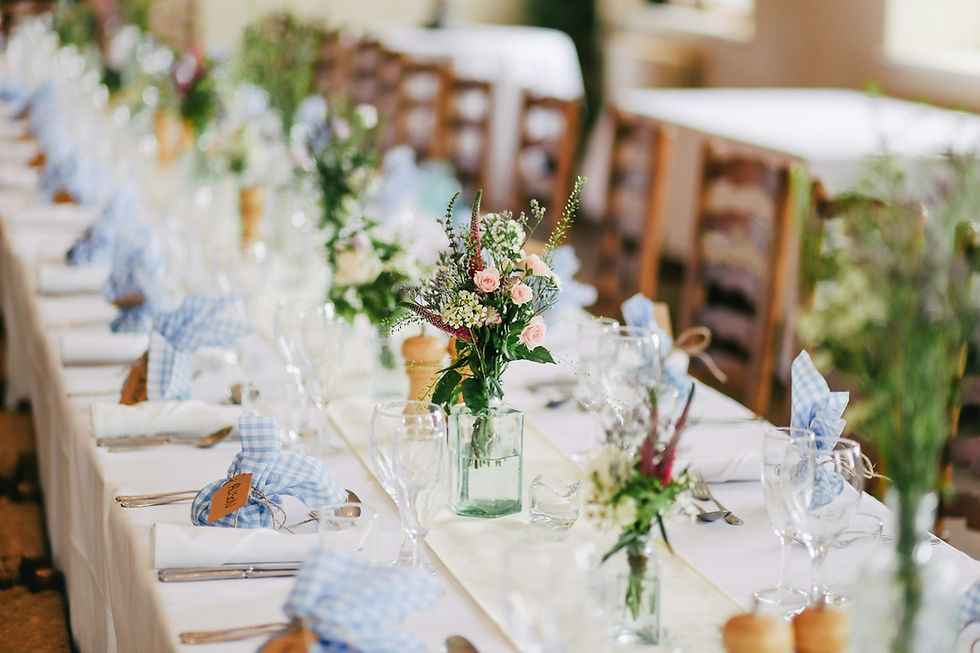Easter Traditions
- Gig Harbor Living Local

- Mar 22, 2023
- 2 min read
Discover the meaning of Easter and some of its traditions
Courtesy Article

As Easter Sunday approaches, many people are getting ready
to celebrate the holiday with various traditions and activities.
While there are plenty of things to do before the Easter Bunny
arrives, taking some time to learn about the holiday’s history
can make it even more special.
Easter Sunday, which falls on April 9 this year, has been celebrated since
the second century as a commemoration of the resurrection of Jesus
Christ. Over time, many traditions have developed to mark the occasion,
including Easter egg hunts and visits with the Easter Bunny, among
others. These traditions can vary from region to region, family to family,
and culture to culture.
Sunrise Easter Service
One long-standing tradition is the sunrise Easter service, which dates
back to 1732 when the Moravian Church held the first service at dawn in
Germany. This practice honors the moment when Mary discovered Jesus’
tomb was empty early in the morning.
Ham/Lamb
Although the choice of what to serve for Easter dinner might come down
to taste preference, the menu holds great significance for some. In early
Jewish history, lambs were sacrificed as offerings to God and served
regularly as part of the Passover feast. Then, when Jesus died during
Passover, he represented the ultimate sacrifice for sin, the “lamb of God,”
so the animal evolved into a meaningful symbol for Christians. Many
Orthodox Christians still follow the Jewish Orthodox customs of not
eating any pork, so lamb takes center stage at their Easter meal.
The Easter Bunny and Easter Baskets
The Easter Bunny and Easter baskets are also popular Easter traditions
that have evolved over time. The Easter Bunny is believed to have
originated from ancient spring and fertility celebrations, while Easter
baskets may have originated with Middle Eastern farmers bringing
baskets of seedlings to be blessed for a successful harvest.
Hot Cross Buns
These festive rolls have their origins in ancient Egypt, Rome and Greece,
where they were considered symbols of honor for their goddesses.
Eventually, they gained popularity during Easter in England, where
bakers were restricted from selling spiced breads except on special
occasions such as the Friday before Easter.
Hot cross buns, baked on Good Friday, were believed by many English
people to never grow moldy and were therefore kept as good luck charms.
They accompanied sailors on voyages and were buried in piles of grain to
prevent rodents. Today, these buns mainly serve as a representation of the
Christian symbol of the cross.
Egg Tapping Game
The Easter tradition of egg tapping, also known as egg fighting, egg
knocking, egg pacqueing, egg boxing, egg picking or egg jarping, involves
two people tapping the pointed ends of eggs together until one cracks,
with the winner being the person who cracks the most eggs. This game
originated in Medieval Poland and is still played in many parts of the
world today. In Louisiana, the town of Marksville holds an annual official
egg-tapping competition with stringent rules and regulations, and
winners must demonstrate that their eggs are real by cracking and eating
them at the end of the event.
Whether you choose to commemorate the holiday with traditions that
are centuries-old or create your own new traditions, there are many ways
to make this Easter Sunday a memorable one





Comments